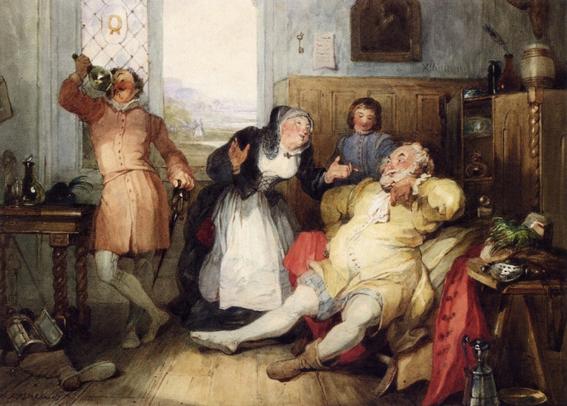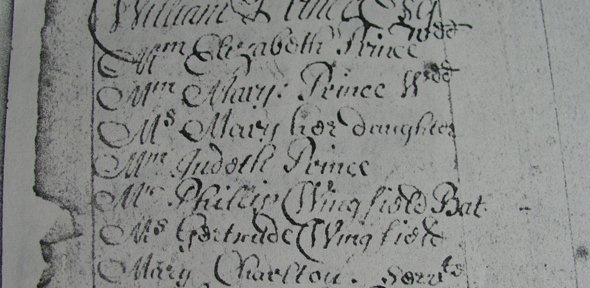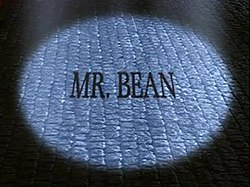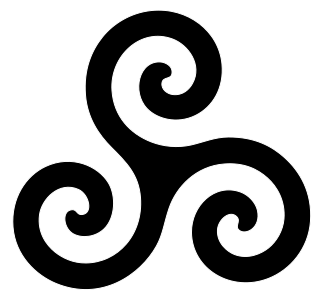TIL why (in British English) we don't use a dot after the “St” short form of “Street”.
The “t” in “St” is *not* the second letter of “Street”, but the sixth. So it's not an abbreviation (like “Prof.” for “Professor”, “etc.” in “et cetera”, etc.), it's a contraction (like “Dr” in “Doctor”, “Mr” in “Mister”, “St” in “Saint” and so on) and contractions don't have a dot.
🤯
I assumed it was just a weird English thing, but turns out I found the only language feature that's entirely consistent 










 🙀🚂🐧
🙀🚂🐧
 )
)